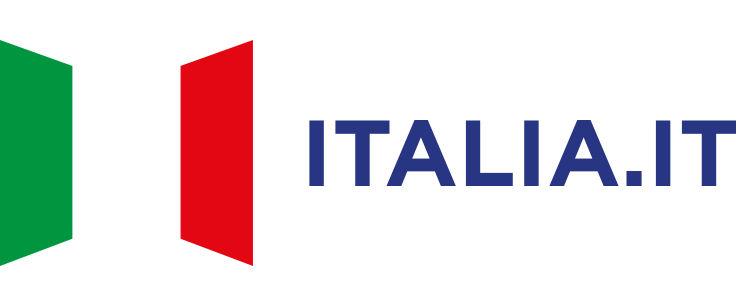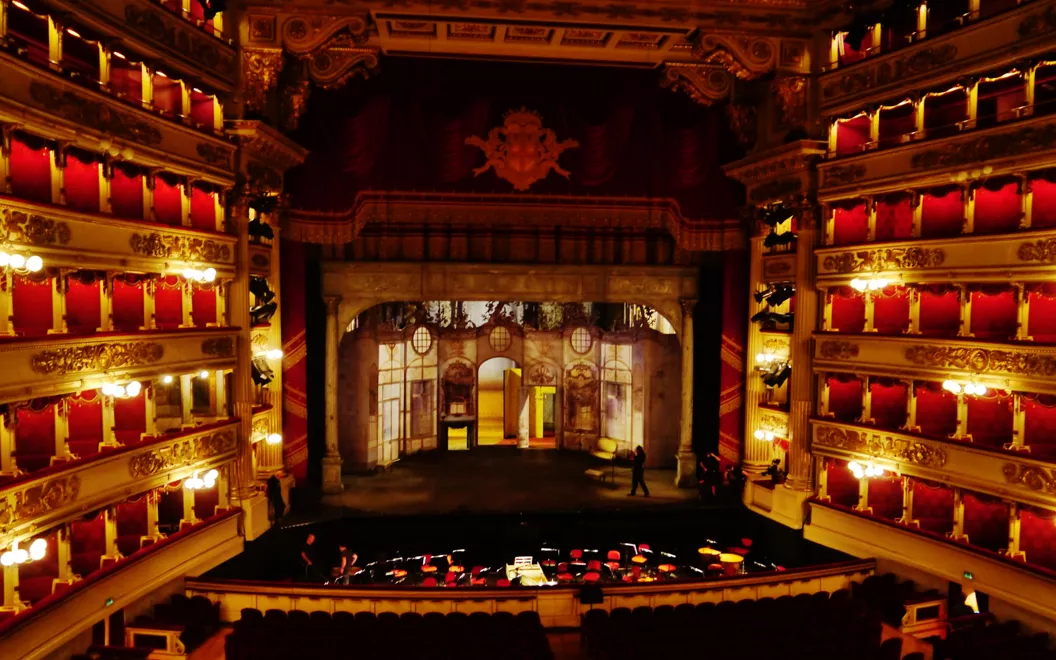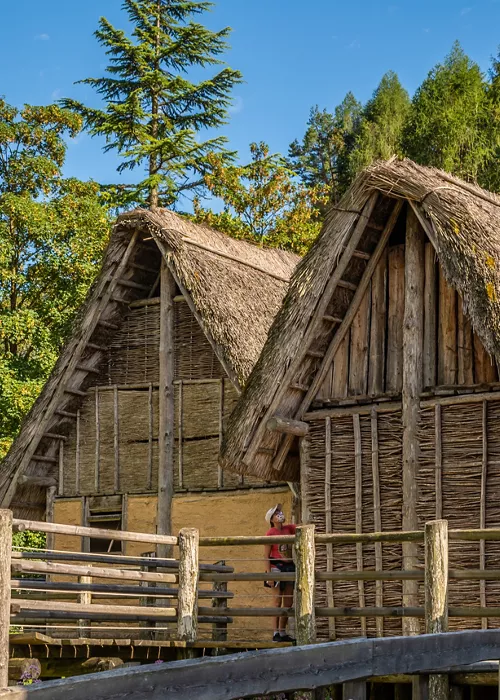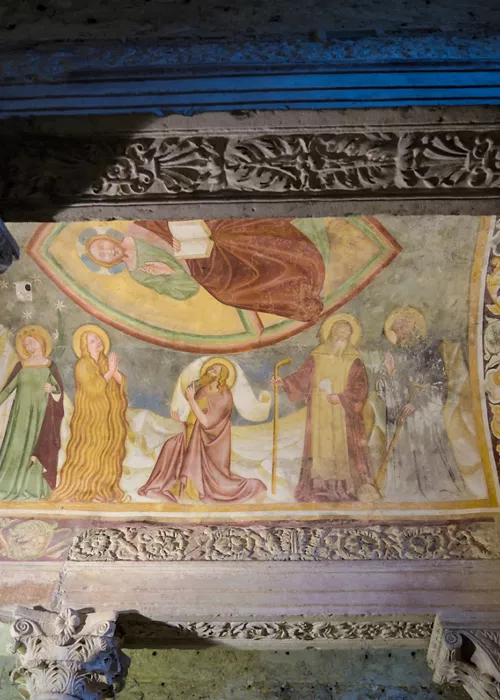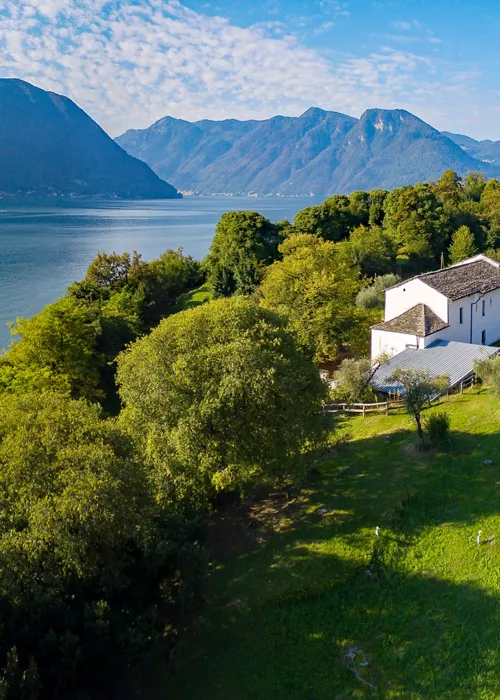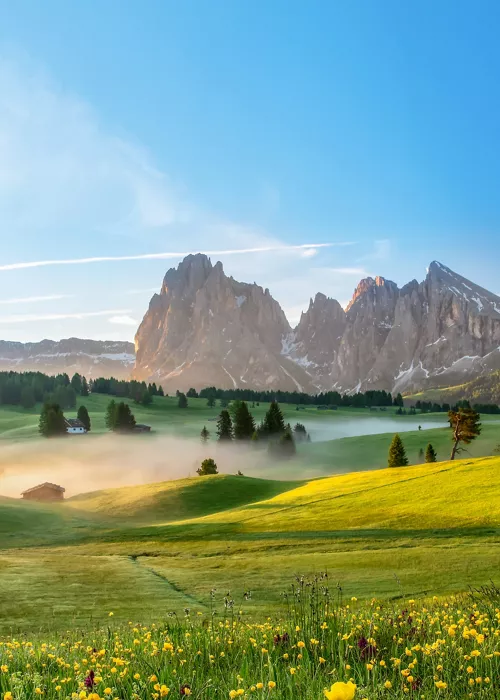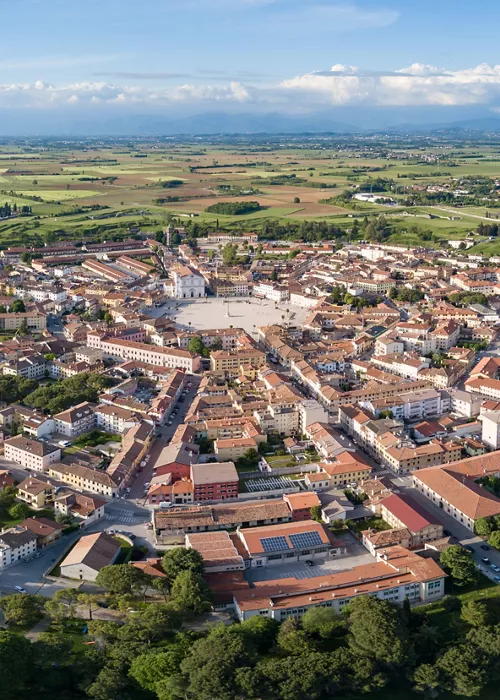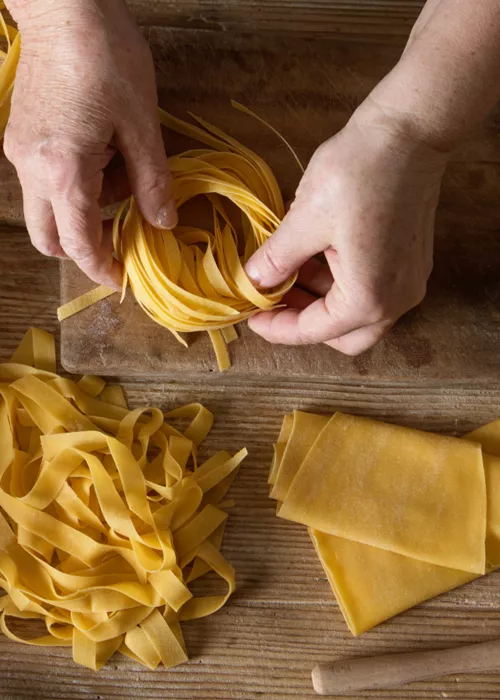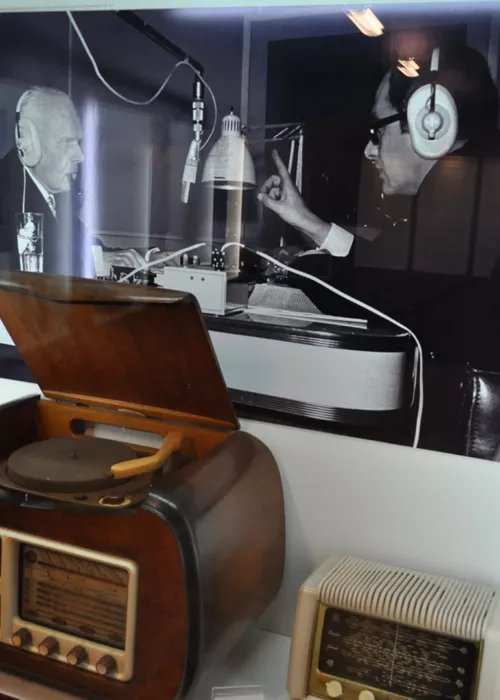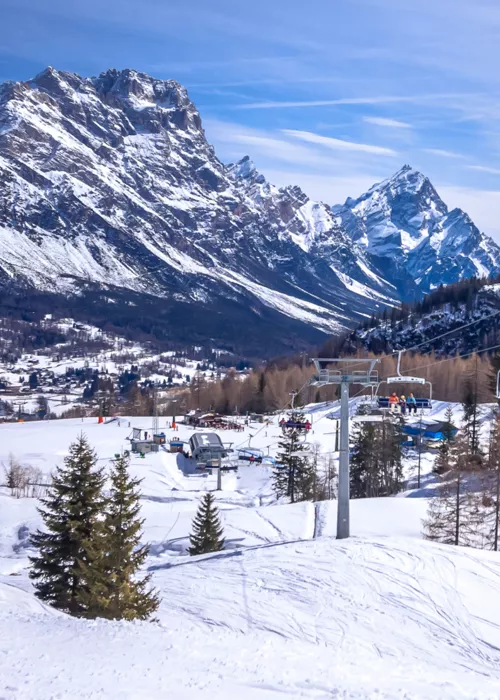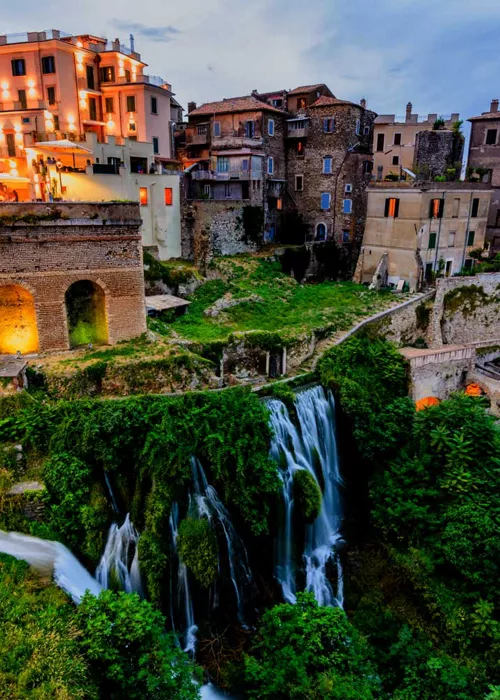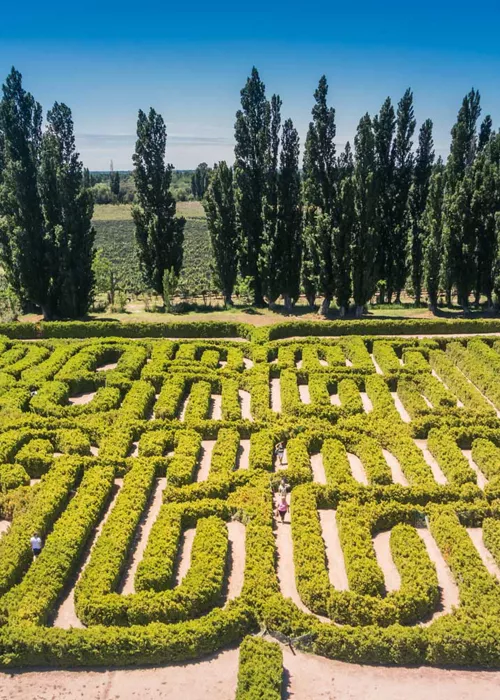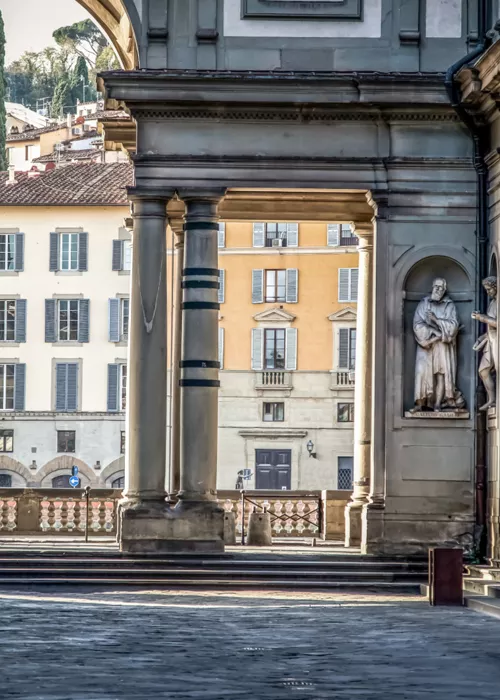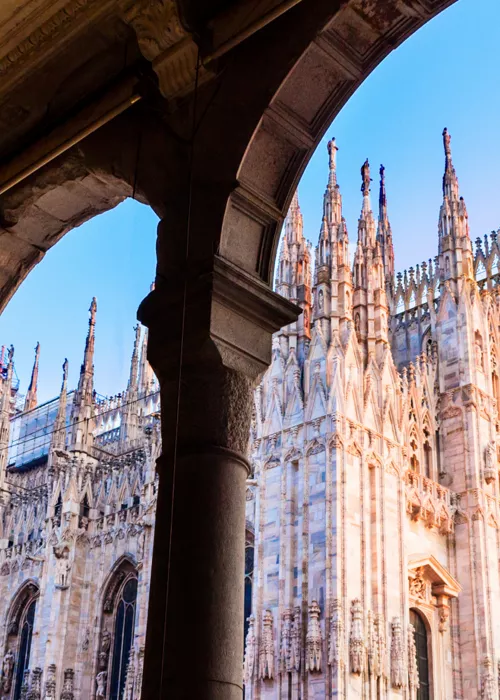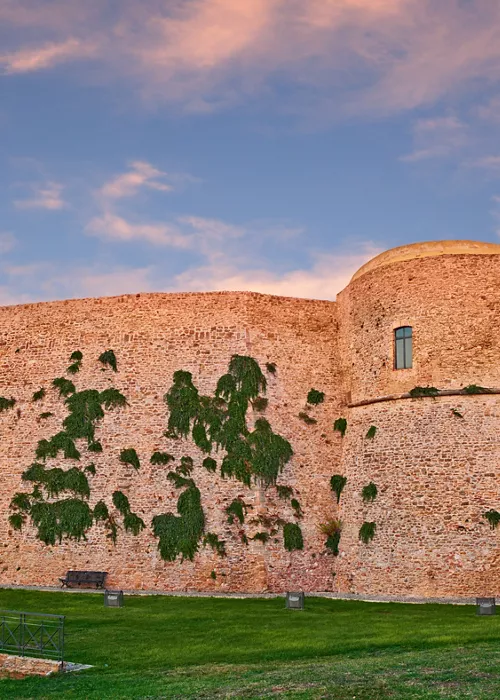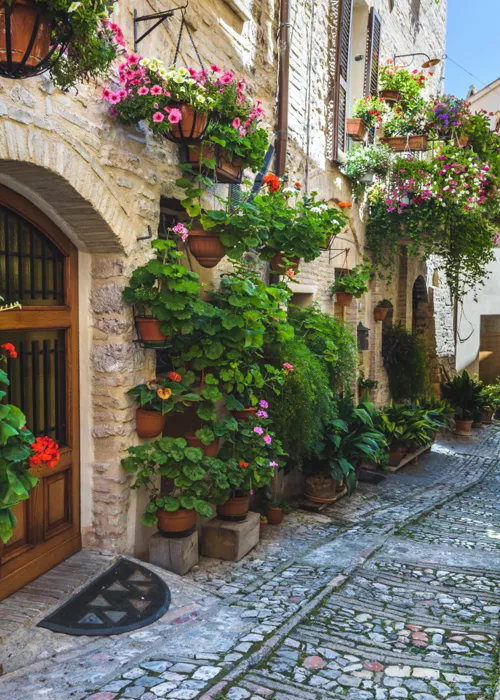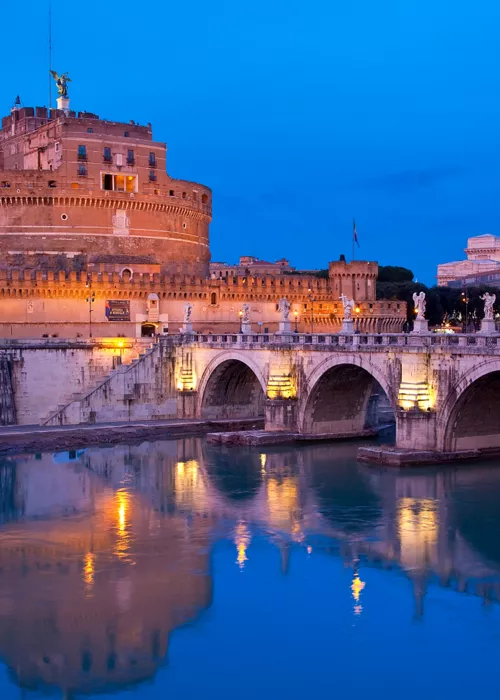Italian opera singing is an Intangible Heritage of Humanity
2 minutes
Index
The official announcement was made on 6 December 2023 at the eighteenth session of the Intergovernmental Committee for the Safeguarding of the Intangible Cultural Heritage in Botswana, Africa. In Italy, the practice of “bel canto” includes all the arts of opera: music, theatre, acting and staging.
Opera singing in Italy

In the words of the UNESCO Intangible Heritage committee, explaining the reason for its addition to the list: “Italian opera singing is a physiologically controlled way of singing that enhances the carrying power of the voice in acoustic spaces such as amphitheatres and churches. Performed by people of all genders, it is associated with specific facial expressions and body gestures and involves a combination of music, drama, acting and staging. Transmitted orally between a maestro and pupil, the practice promotes collective cohesion and sociocultural memory. It is a means of free expression and intergenerational dialogue and its cultural value is recognised at national and international levels.”
An instructional and pedagogical terminology has developed around the Italian tradition of opera singing, shared around the world, as well as a mimetic and gestural language of both face and body that best supports sung expression and facilitates the conveyance of meaning for audiences from all backgrounds. This has led to the much-coveted UNESCO recognition for this Italian speciality.
The country now has 16 assets of national culture and tradition: the wealth of the Italian people, handed down from generation to generation. Together with opera singing, the following have been recognised by UNESCO, in chronological order: the Opera dei Pupi (Sicilian puppet theatre), “canto a tenore” (Sardinian tenor singing), traditional violin craftsmanship in Cremona, the Mediterranean diet, celebrations of large shoulder-borne processional structures, the head-trained bush vines of Pantelleria, falconry, the art of Neapolitan pizza, the art of dry stone walling, the tradition of Celestinian forgiveness in L’Aquila, Alpinism, transhumance, the Venetian art of glass beads, the musical art of horn players, and truffle hunting and extraction. Meanwhile, there are also 59 Italian sites of “Outstanding Universal Value” on the UNESCO World Heritage list.
